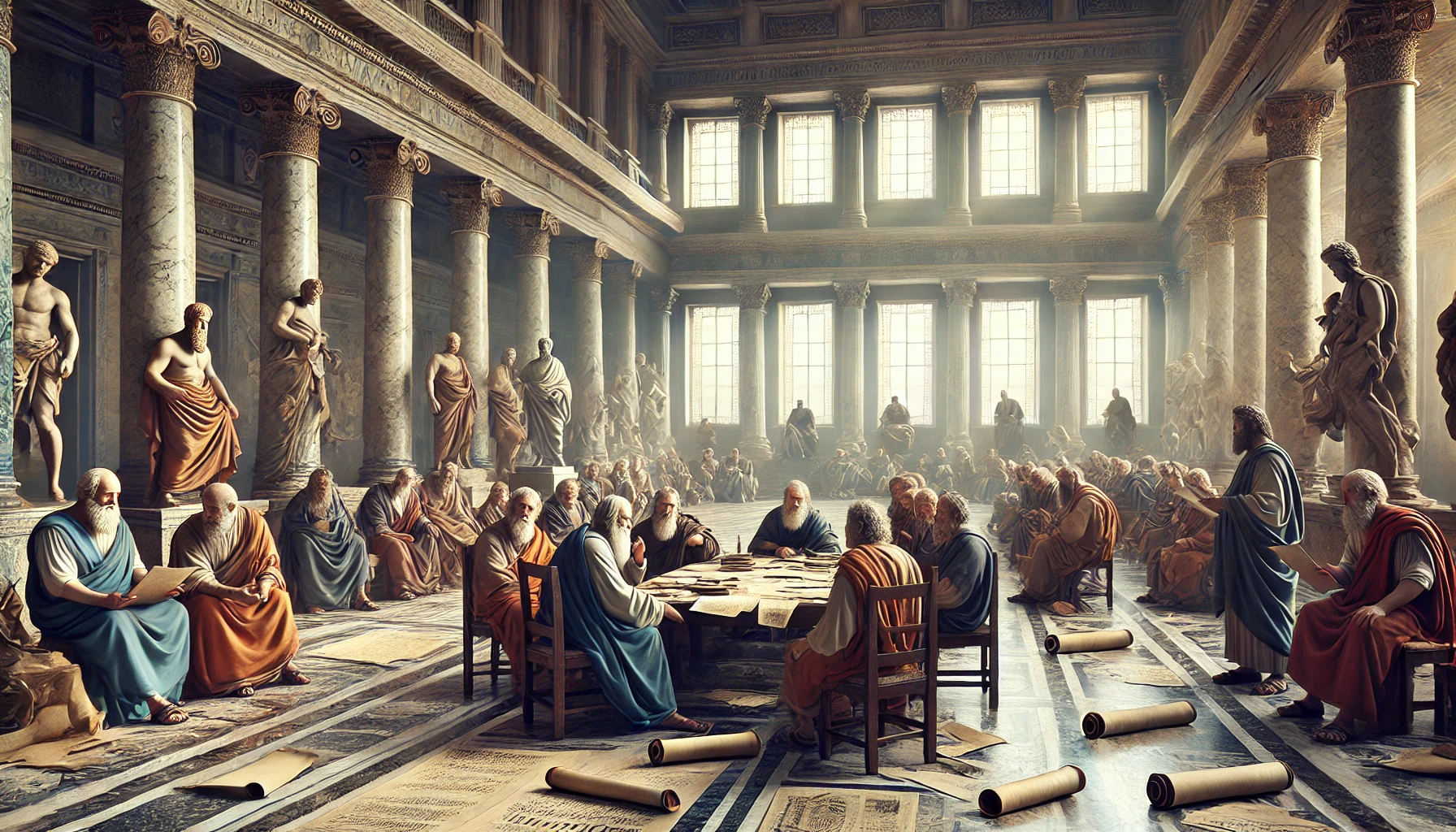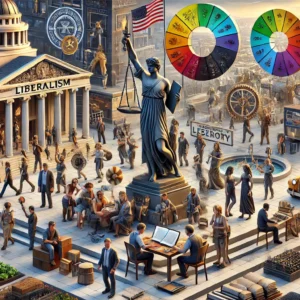Introduction
Political ideologies shape how we view and interact with the world of politics. They are frameworks of ideas that guide political action and thought. In this blog, we’ll delve into the definition of political ideologies, their importance in political analysis, their historical background, the role of Karl Marx, and contemporary views on the subject.

Definition of Political Ideologies
Political ideologies are sets of beliefs and values about how society should be organized, how power should be distributed, and what the goals of society should be. They serve as blueprints for political action, offering visions of the ideal society and the means to achieve it.
Political ideologies provide a lens through which we interpret political events and issues. They influence our opinions on topics such as democracy, justice, freedom, and equality. For instance, someone with a liberal ideology might prioritize individual freedoms and democratic governance, while a socialist might focus on economic equality and social welfare.
Importance in Political Analysis
Understanding political ideologies is crucial for analyzing political systems, movements, and policies. They help us comprehend the motivations behind political actions and the principles guiding political leaders and parties.
Interpretation of Political Events:
- Ideologies shape how we perceive and react to political situations. For example, a conservative might view government intervention in the economy with skepticism, while a progressive might see it as necessary for ensuring social justice.
Guiding Principles:
- They offer frameworks for political behavior and policy-making. Political ideologies provide a set of principles that guide political leaders and parties in their decision-making processes.
Comparative Analysis:
- Studying different ideologies helps compare political systems and ideas. By understanding the ideologies behind different political systems, we can better appreciate the strengths and weaknesses of each.
- Political ideologies also play a vital role in political debates and conflicts. By understanding the underlying ideologies, we can better understand the reasons for political disagreements and alliances. For example, the debate between free-market capitalism and socialism is fundamentally a clash of ideologies with different views on economic organization and social justice.
Origins and Evolution
Political ideologies have evolved over time, influenced by historical events, cultural changes, and intellectual developments. To understand their evolution, it’s essential to look at their historical background and the contributions of key thinkers like Karl Marx.
Historical Background
The roots of political ideologies can be traced back to ancient civilizations, but their modern forms began to take shape during the Enlightenment and the subsequent political revolutions.
Ancient Influences:
- Early political thought from philosophers like Plato and Aristotle laid the groundwork for later ideologies. Plato’s idea of philosopher-kings and Aristotle’s classification of governments influenced later political theories.
Enlightenment:
- The 18th century Enlightenment brought ideas of individual rights, democracy, and rationalism, which influenced liberalism and other ideologies. Thinkers like John Locke and Jean-Jacques Rousseau argued for the inherent rights of individuals and the need for governments to be based on the consent of the governed.
Revolutions:
- The American and French Revolutions were pivotal in shaping modern political ideologies, promoting ideas of liberty, equality, and fraternity. These revolutions challenged traditional monarchies and established democratic principles that continue to influence political thought today.
These historical events and intellectual movements set the stage for the development of various political ideologies that would dominate the 19th and 20th centuries.
Role of Karl Marx
Karl Marx is one of the most influential figures in the development of political ideologies. His theories on society, economics, and politics laid the foundation for Marxism, a significant ideological tradition.
Materialist Conception of History:
- Marx’s view that economic conditions shape social and political structures. He believed that the mode of production in a society (how goods are produced) influences the social, political, and ideological superstructure.
Class Struggle:
- The idea that history is driven by conflicts between different social classes. According to Marx, the history of all hitherto existing societies is the history of class struggles. He saw society as divided into two main classes: the bourgeoisie (owners of the means of production) and the proletariat (workers).
Critique of Capitalism:
- Marx’s analysis of capitalism as an exploitative system that leads to class inequalities. He argued that capitalism inherently leads to the exploitation of the working class by the capitalist class, resulting in social and economic inequalities.
Marx’s ideas had a profound impact on political thought, inspiring various socialist and communist movements around the world. His work continues to influence political theory and practice today. Marxism has evolved into different branches, including Leninism, Trotskyism, and Maoism, each interpreting Marx’s ideas in various ways to address the specific historical and cultural contexts of their times.
Contemporary Views
Today, political ideologies are more diverse and complex than ever. Modern interpretations of ideologies reflect changes in society, technology, and global politics.
Modern Interpretations
Contemporary political ideologies have evolved to address new challenges and incorporate new ideas. They often blend elements from traditional ideologies with new perspectives.
Liberalism:
- Modern liberalism emphasizes social justice, welfare, and human rights, while maintaining a commitment to individual freedom and democracy. It supports a mixed economy, advocating for both free markets and government intervention to address social inequalities.
Conservatism:
- Contemporary conservatism focuses on maintaining traditional values and institutions, but also embraces free-market economics and limited government intervention. It emphasizes the importance of stability, order, and respect for authority.
Socialism:
- Modern socialism advocates for economic equality, social welfare, and collective ownership, often through democratic means rather than revolutionary methods. It supports a more equitable distribution of wealth and resources and often includes policies like universal healthcare, free education, and progressive taxation.
These modern interpretations reflect the changing priorities and values of societies around the world. They also show how ideologies adapt to new social, economic, and political realities. For instance, the rise of environmentalism has influenced all major ideologies, leading to the development of eco-socialism, green conservatism, and eco-liberalism.
Inclusive Definitions
To understand political ideologies in today’s context, it’s essential to adopt inclusive definitions that recognize their diversity and complexity.
Neutral Perspective:
- Modern definitions avoid labeling ideologies as inherently good or bad, recognizing that each has its strengths and weaknesses. This approach helps in understanding ideologies on their own terms rather than through biased lenses.
Action-Oriented Belief Systems:
- Ideologies are seen as sets of ideas that inspire and guide political action. They provide a framework for understanding political events and for making decisions about political strategies and policies.
Broad Application:
- Inclusive definitions apply to all political traditions, acknowledging their impact on political behavior and institutions. This broad approach allows for a more comprehensive understanding of the political landscape and the various forces shaping it.
By embracing inclusive definitions, we can appreciate the full spectrum of political ideologies and their roles in shaping our world. This inclusive approach also fosters a more open and respectful political discourse, where different viewpoints can be understood and debated on their merits.
Conclusion
Understanding political ideologies is essential for anyone interested in politics. They provide the frameworks through which we interpret political events, shape political actions, and influence political systems. From their historical origins to modern interpretations, political ideologies continue to play a crucial role in guiding political thought and action. By exploring these ideologies, we gain a deeper insight into the forces shaping our world and the possibilities for its future.
Political ideologies are not static; they evolve and adapt to new circumstances. As new challenges arise, such as climate change, technological advancements, and global pandemics, ideologies will continue to develop new responses and solutions. By studying political ideologies, we can better understand our current political landscape and anticipate future trends.
In summary, political ideologies are fundamental to the study of politics. They help us make sense of the complex world of political ideas, actions, and institutions. Whether you are a student of politics, a political enthusiast, or just someone interested in understanding the world around you, delving into political ideologies offers valuable insights into the nature of political life.




